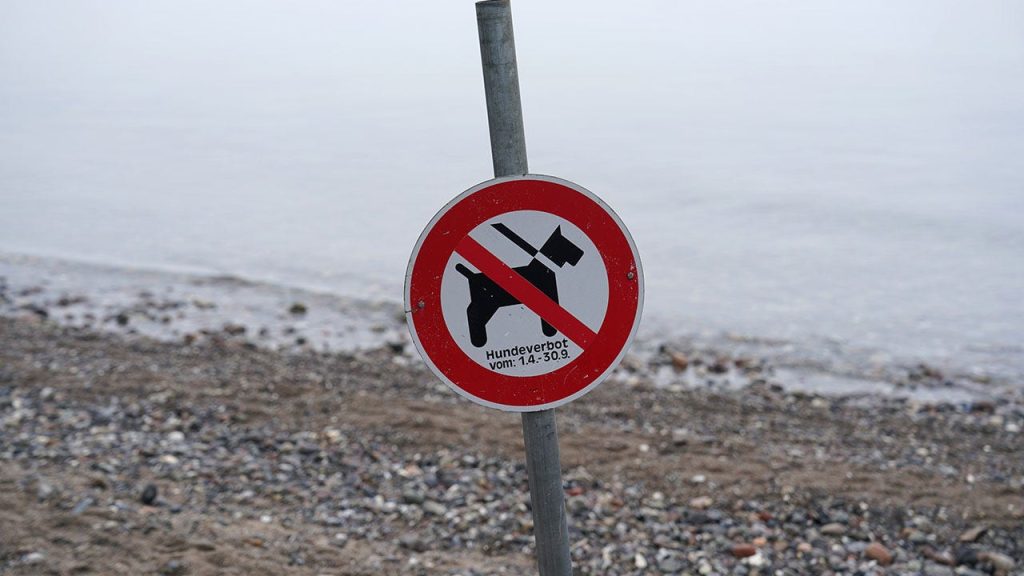An environmental group in Wales has recommended the creation of dog-free zones in outdoor spaces to make the environment more inclusive and less racist. Climate Cymru BAME’s report included this suggestion as part of a series of proposals to support the government’s anti-racist plans for Wales. The report did not specify the reason for the suggestion, but it will be used by the Welsh government to guide the development and implementation of policies to combat racial inequality by 2030. The report was part of an assessment of racism in relation to climate change, the environment, and rural affairs, aiming to align green spaces with the Labour Party’s 2022 Anti-Racist Wales Action Plan.
The Welsh government is committed to creating an anti-racist nation by 2030 and has developed an Anti-Racist Wales Action Plan to address issues of racial inequality. Officials have acknowledged that ethnic minorities face barriers to accessing the outdoors due to exclusions and racism. One barrier identified is the perception that activities like gardening are dominated by middle-aged white women, reinforcing stereotypes and limiting inclusivity in outdoor spaces. In addition to creating dog-free zones, the North Wales Africa Society recommended improvements to public transportation access to non-urban green spaces and addressing poor air quality in towns and cities.
Concerns about safety and respect in green spaces were raised by focus groups conducted by the North Wales Africa Society, including one participant who expressed feeling unsafe in the presence of dogs. The lack of respect for green spaces in areas with a larger ethnic minority population was also noted. These issues point to a need for greater inclusivity and cultural sensitivity in outdoor spaces to ensure that all individuals, regardless of background, feel welcome and safe. The recommendations put forth by the North Wales Africa Society and the Welsh government’s acknowledgment of barriers faced by ethnic minority individuals highlight the importance of addressing racism and exclusions in outdoor environments.
The report’s recommendations aim to address the barriers faced by ethnic minority individuals in Wales, including the exclusion and racism experienced in accessing outdoor spaces. By creating dog-free zones and implementing changes to improve transportation access and air quality, the Welsh government seeks to promote inclusivity and combat racial inequality in outdoor environments. These efforts align with the government’s commitment to anti-racism and the development of policies and plans to create a more equitable and welcoming nation by 2030. The recognition of the challenges faced by ethnic minority communities in accessing and enjoying outdoor spaces is an important step towards building a more inclusive and diverse environmental landscape in Wales.
The report by Climate Cymru BAME and the recommendations made by the North Wales Africa Society highlight the need for greater inclusivity and diversity in outdoor spaces in Wales. The recognition of barriers faced by ethnic minority individuals, such as exclusions, racism, and safety concerns, underscores the importance of addressing these issues to create a more welcoming environment for all. By implementing changes like creating dog-free zones and improving access to green spaces, the Welsh government aims to promote inclusivity and combat racial inequality in outdoor environments. These efforts align with the government’s Anti-Racist Wales Action Plan, which aims to create a more equitable and anti-racist nation by 2030. The report’s recommendations provide a roadmap for policy teams to develop and implement strategies to address racial inequality and create a more inclusive outdoor environment for all individuals in Wales.















